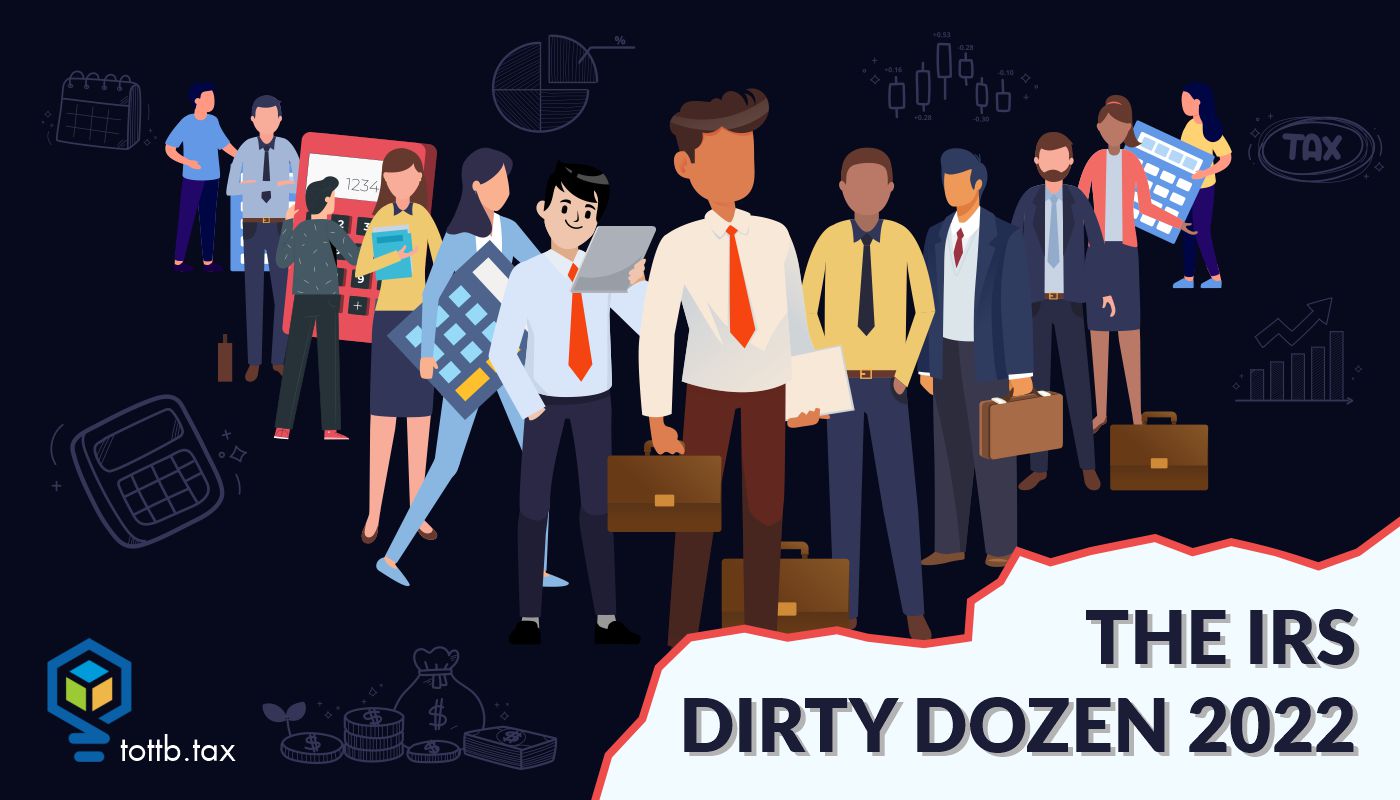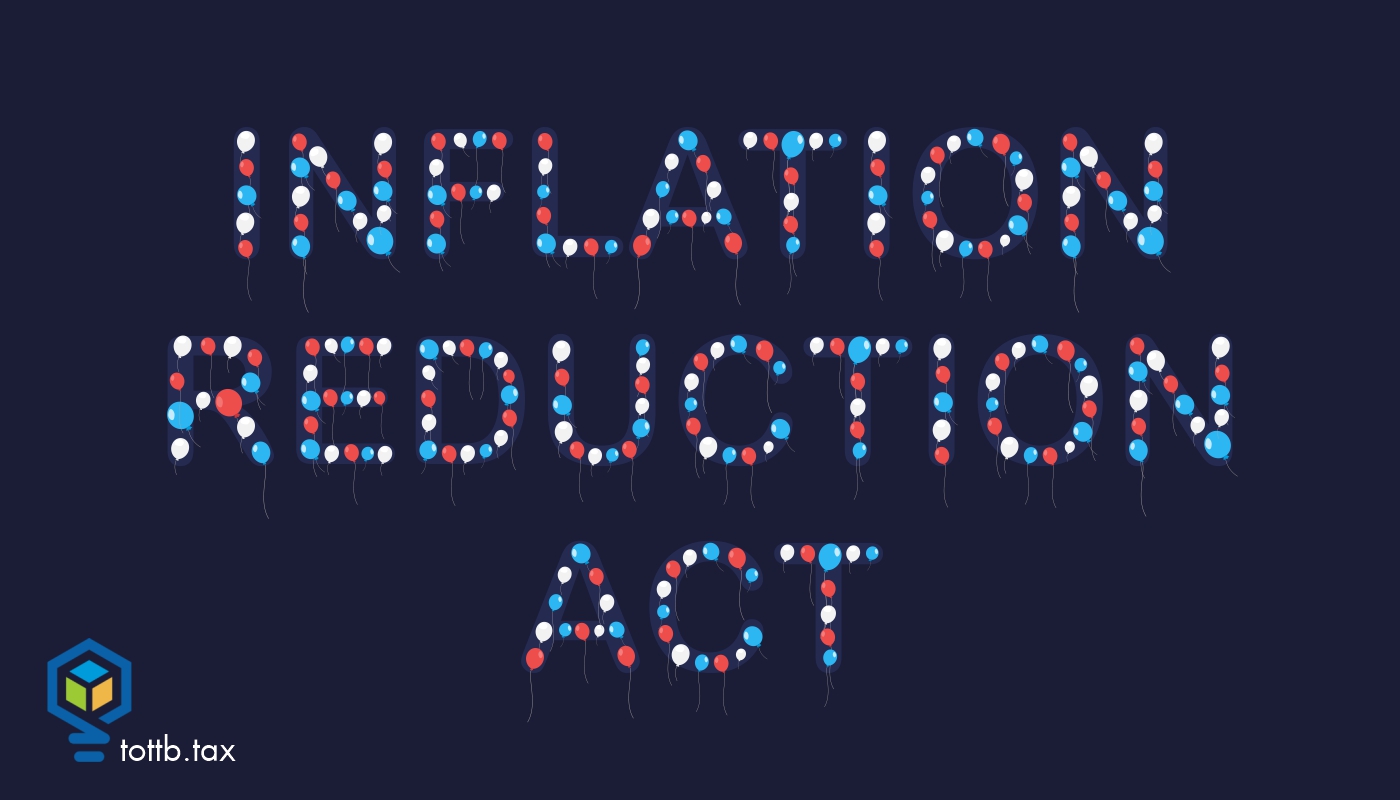Warning! Avoid the Latest “Dirty Dozen” Scams Identified By the IRS
Since at least 2001, the IRS has issued annual news releases warning taxpayers of scams they should be aware of and stay clear of. The release in 2001 included just eight scams but starting in 2002, the IRS expanded the list and dubbed these scams with the catchy moniker: the “Dirty Dozen.” In describing these lists, the IRS often warns taxpayers to “remain vigilant” against the scams, to not “fall prey” to them, and to “be on the lookout for” these dangerous activities.
While the warnings seem to be directed to individual taxpayers, the lists sometimes include warnings of scams directed at return preparers and employers. Tax practitioners certainly need to be aware of these scams to exercise appropriate due diligence to know if any client is involved in a scam such as an abusive tax shelter, and to help educate clients about the numerous and growing number of scams many of which are designed to steal their personal and financial data and resources.
This article covers the 2022 “Dirty Dozen” list. It also includes suggestions on how practitioners might use this information in tax compliance and planning and to help clients protect their identities and assets and avoid tax problems. Additional resources for dealing with the items on the list are provided.
A chart listing the “Dirty Dozen” items from the start in 2001 through 2022 is included to show trends and the reality that some scams such as identity theft, phishing, return preparer fraud and frivolous tax arguments have made the list almost every year.
Click here to continue reading.
Read More








